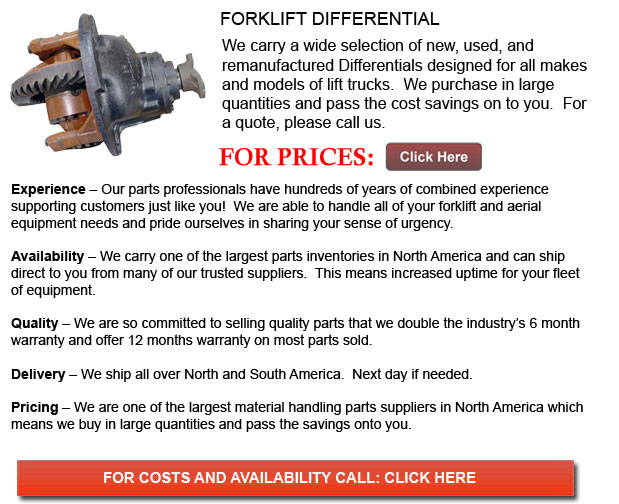
Forklift Differentials - A mechanical device capable of transmitting rotation and torque through three shafts is called a differential. At times but not all the time the differential would use gears and would function in two ways: in cars, it receives one input and provides two outputs. The other way a differential works is to put together two inputs to create an output that is the average, difference or sum of the inputs. In wheeled vehicles, the differential allows each of the tires to be able to rotate at various speeds while supplying equal torque to all of them.
The differential is built to drive the wheels with equivalent torque while also allowing them to rotate at different speeds. If traveling round corners, the wheels of the automobiles will rotate at various speeds. Certain vehicles like for example karts function without utilizing a differential and use an axle in its place. Whenever these vehicles are turning corners, both driving wheels are forced to spin at the identical speed, usually on a common axle which is driven by a simple chain-drive apparatus. The inner wheel must travel a shorter distance as opposed to the outer wheel while cornering. Without using a differential, the consequence is the outer wheel dragging and or the inner wheel spinning. This puts strain on drive train, causing unpredictable handling, difficult driving and damage to the roads and tires.
The amount of traction necessary to be able to move the automobile at whatever given moment is dependent on the load at that moment. How much friction or drag there is, the vehicle's momentum, the gradient of the road and how heavy the automobile is are all contributing elements. Amongst the less desirable side effects of a conventional differential is that it could reduce grip under less than perfect conditions.
The torque supplied to every wheel is a result of the transmission, drive axles and engine applying a twisting force against the resistance of the traction at that particular wheel. The drive train can typically supply as much torque as needed unless the load is exceptionally high. The limiting factor is normally the traction under every wheel. Traction can be defined as the amount of torque that could be produced between the road surface and the tire, before the wheel begins to slip. The car would be propelled in the planned direction if the torque used to the drive wheels does not go beyond the limit of traction. If the torque utilized to every wheel does go over the traction threshold then the wheels will spin constantly.
![]() Click to Download the pdf
Click to Download the pdf
Forklift Parts
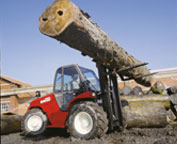
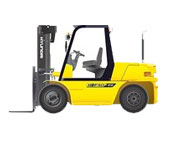
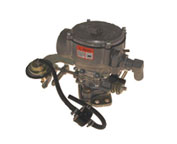
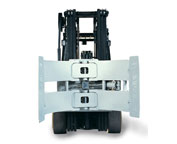
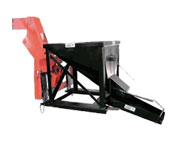
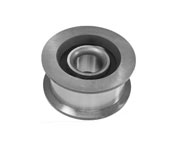
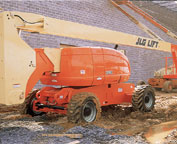
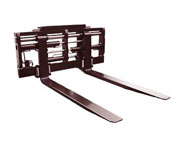
Lift Parts Express
TOLL FREE: 1-888-695-7994
LOCAL: (623) 900-4306
5156 W Olive Ave #407
Glendale, Arizona
forkliftpartsinglendale.com
Email Us
About Us


